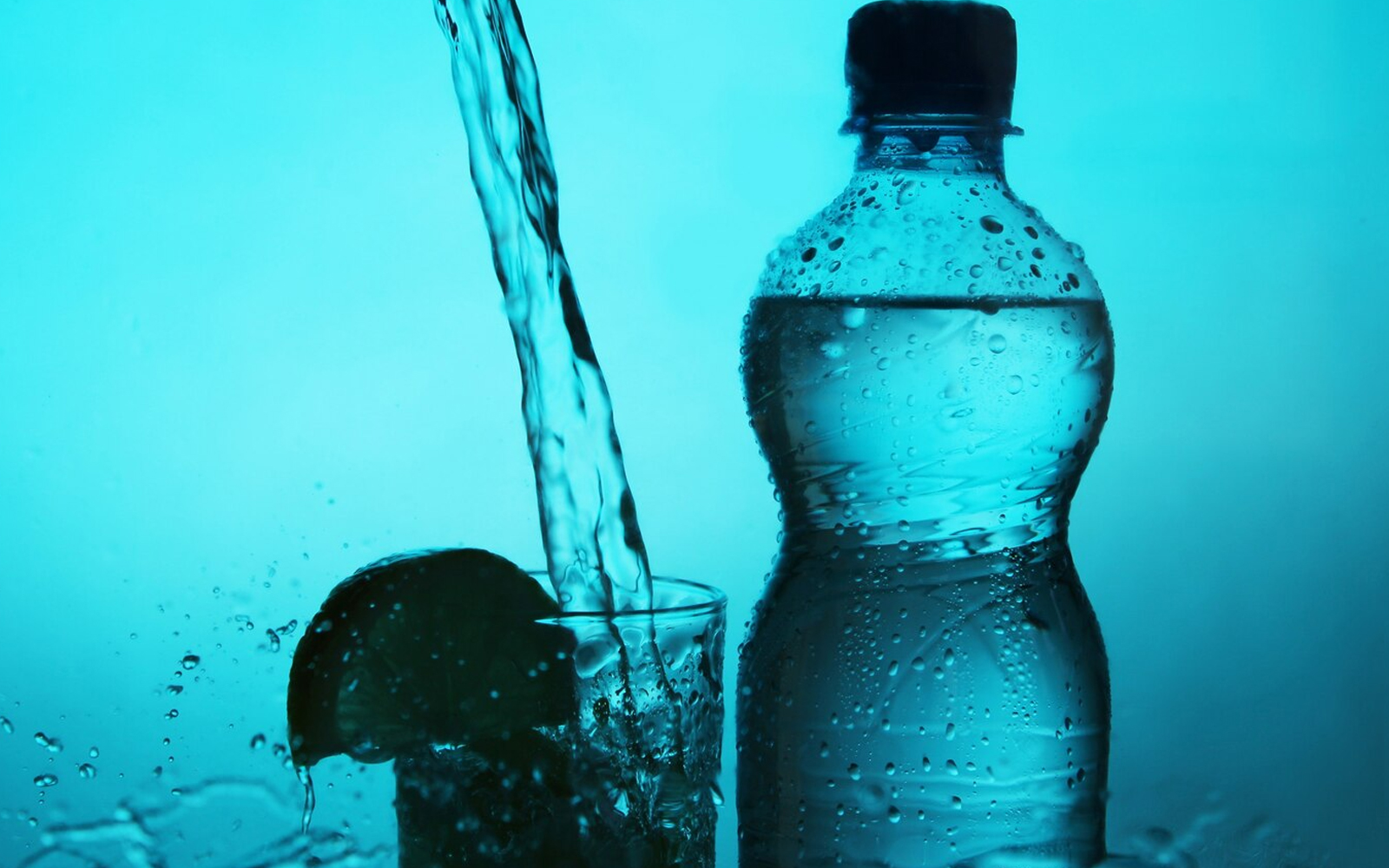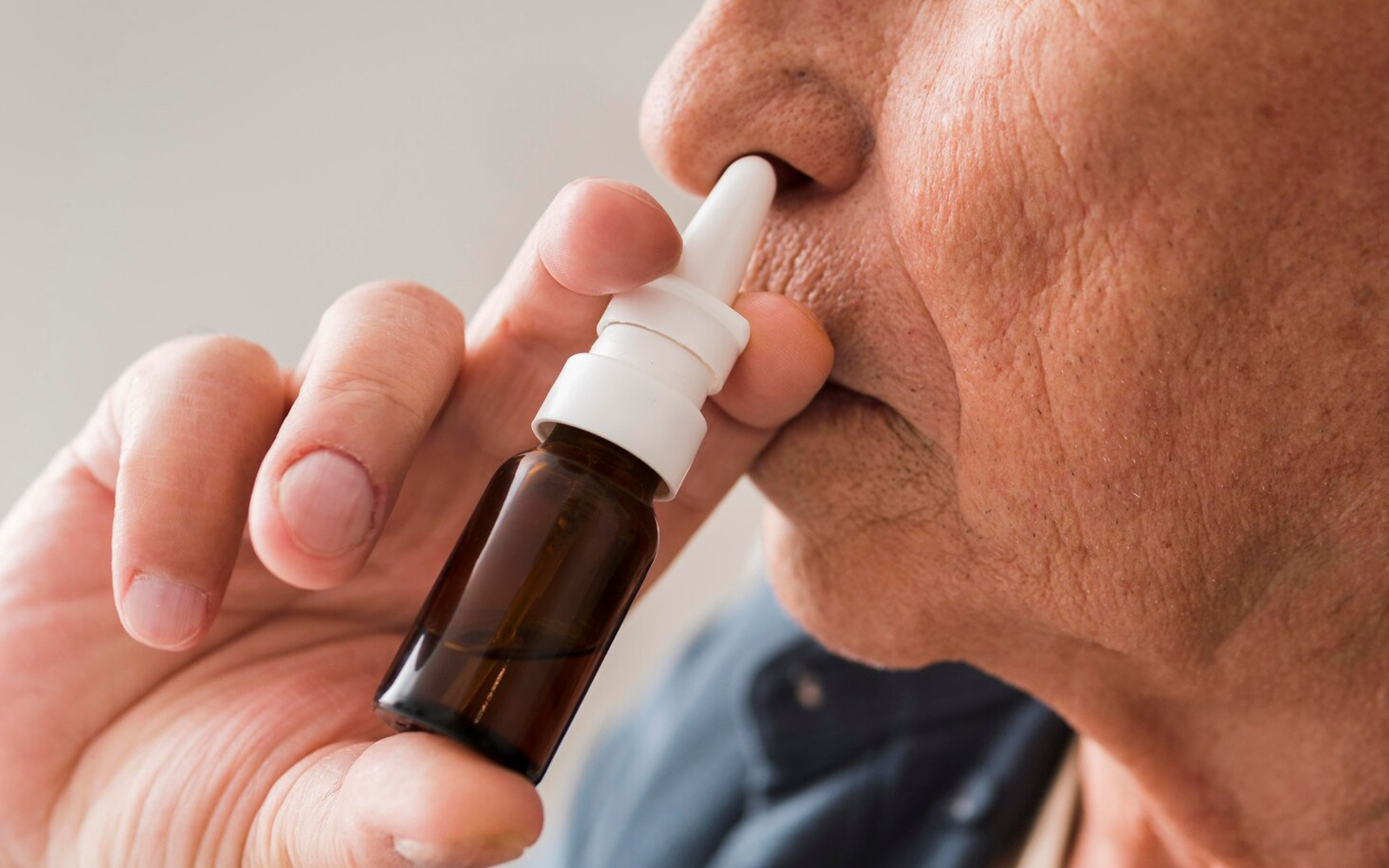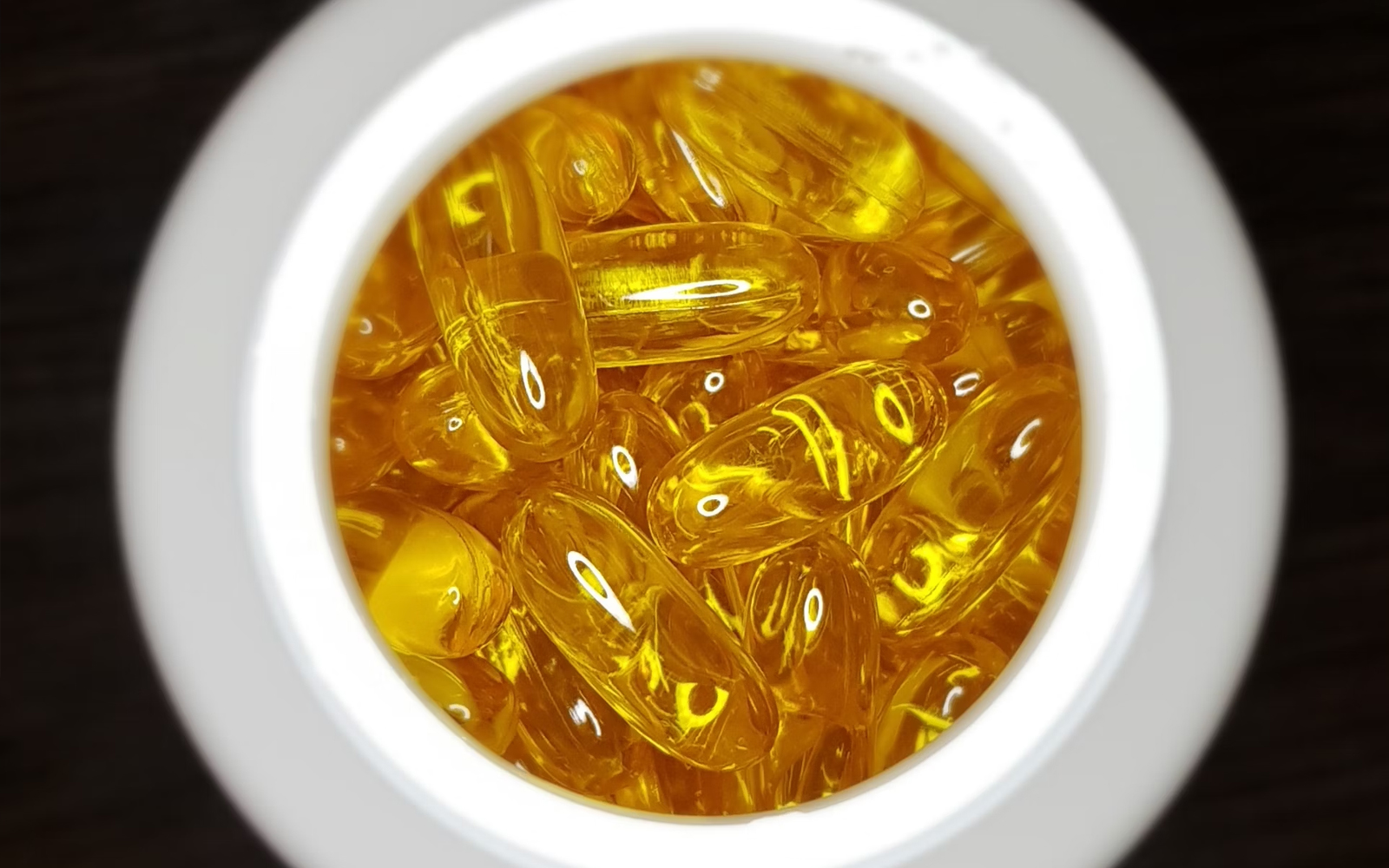
Researchers have found that bottled water may not be as pure as it seems.
A study revealed that over 99% of bottled water worldwide contains so-called “forever chemicals.” While the levels of these chemicals in the water weren’t alarming, their widespread presence raised concerns. The findings were reported by IFLScience.
Chemicals in Drinking Water
Scientists tested bottled drinking water from 15 countries across Europe, Asia, North America, and Oceania. 99% of the samples contained two substances: perfluorooctanoic acid (PFOA) and perfluorooctane sulfonate (PFOS), often referred to as “forever chemicals.” The study, published in the journal ACS ES&T Water, noted that these chemicals are commonly used in industries to make materials resistant to stains, sticking, and fire. However, they are harmful because they don’t break down naturally and accumulate in the environment, particularly in water sources.
The Solution is Filtration
Scientists suggest that a simple way to reduce exposure to these chemicals is through filtration. Professor Stuart Harrad from the University of Birmingham, a co-author of the study, emphasized that using filtration pitchers or simply boiling water can remove 50 to 90% of PFAS.
“Although current PFAS levels in most water samples don’t pose an immediate health risk, continuous monitoring and regulation are crucial for protecting public health. Our research provides valuable data on PFAS in drinking water along with practical solutions to reduce consumer exposure. This is an important step towards ensuring safer drinking water for communities worldwide,” the statement said.


